Meet the team behind this year's Decolonising the Curriculum Week! Hear their motivations for getting involved with the project as well as how it relates to their studies.
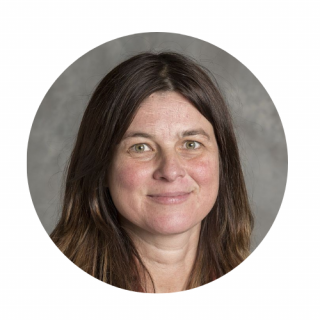 Dr Caroline Garaway
Dr Caroline Garaway

Vice Dean (Education), Faculty of Social and Historical Sciences
Senior Lecturer, Anthropology
In 2016, when I was Head of Teaching in Anthropology, several students in our department took it upon themselves to try and diversify the reading lists of our compulsory courses in our undergraduate programme. This led to us putting in a proposal for a Liberating the Curriculum grant, which we subsequently won. The students were successful in their original aims but, possibly more importantly, the work they undertook catalysed a whole series of new conversations, activities, and partnerships within our department - ongoing to this day - that are tackling the issues of decolonization and improving our curricula for the better. This experience demonstrated how engaged students are and how successfully they can enact positive change when given the opportunity to work in partnership with staff to do so.
This, along with my strong belief in the decolonisation agenda made me jump at the chance to facilitate these kinds of conversations at Faculty level. In 2019, we held our first Joint Faculty Decolonising the Curriculum week. We shared experiences, learnt a lot and decided that this should become an annual event: To allow us to take stock as a Faculty of what we have done in the previous year, where we have got to, and where we need to go. The 2021 week will be such a moment and I hope you can join us, staff and students alike.
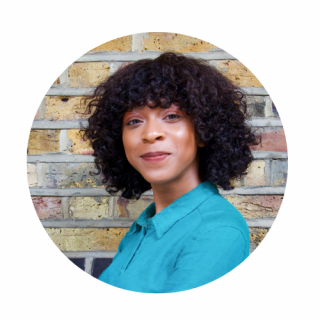 Chloe May
Chloe May

Human Rights MA, 2nd year
Decolonising the Curriculum is a topic that has always interested me. You often hear debates around what it entails and if it is even truly possible within educational institutions. Getting involved in this project I wanted to further my understanding of what decolonising means in an educational environment, meet likeminded people and create engaging events.
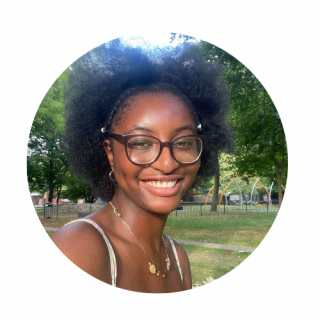 Obi Egemonye
Obi Egemonye

Politics, Philosophy and Economics with Social Data Science, 2nd year
I’ve been interested in decolonising the curriculum, ever since I realised it was not. When I was first exposed to more alternative political thought, it not only stood out to me but at times made more sense. From that point on, I’ve been really interested in studying more decolonised literature at a university level.
I’ve been involved in a few side projects to help with a more diverse curriculum at university, such as the Inclusive Curriculum Project and being a part of the Equality, Diversity and Inclusion committee. I also think that it’s important for future politics students at UCL to have a wider range of modules to choose from, not only to have experience with different forms of knowledge but also to expose students to wider paths in academia from a more decolonised perspective.
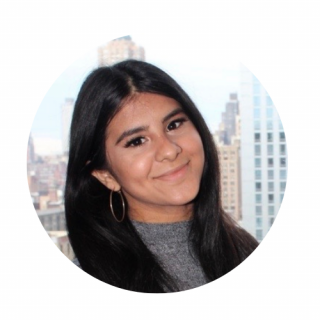 Khadija Patel
Khadija Patel

Geography, 3rd year
I got involved in this project because, as a Geography student, I am interested in the ongoing processes of decolonisation. In particular, I feel that decolonising the curriculum is a critical aspect of improving higher education for all. Furthermore, I am also keen to close the BAME attainment gap, which is echoed by my work as a Student Curriculum Partner and a Widening Participation Student Ambassador. Similarly, when I worked as a Sustainability and Inclusivity Intern for UCL East, I reflected on the numerous ways in which we can create a more equal learning environment at university, which inspired me to work toward a better UCL.
Finally, I have been excited to participate in one last project before finishing my undergraduate degree. Meeting new people and engaging with new ideas is another key reason why I am so pleased to be a part of the team!
Alice Riddell
Cultural Anthropology PhD, first year
Having worked on other decolonisation projects at UCL, including AnthroSchools, an initiative dedicated to creating homework resources for A-level teachers, and PAPER, a student led seminar series on decolonising ethnographic pedagogy, I felt compelled to continue working in decolonising education. I hope I can bring my experience to the project and continue to finds ways our departments can make pedagogical shifts in the right direction.
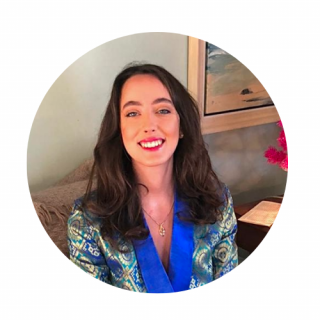 Venetia Jolly
Venetia Jolly

History of Art MA
I have always been fascinated by the structure of cultural and educational institutions. I am extremely motivated to be a part of this project as I believe that it is vital to decolonise these institutions. I am currently specialising in decolonial theories of Art History. It has given me an important insight into how these spaces construct our engagement with objects, art and histories. My most recent essay reimagined Dutch colonial metalwork through the theory of hybridity to confront the erasure of slavery in Indonesia.
Throughout my academic career, I have been struck by the academic voices that are celebrated and those that are marginalised and erased. I am extremely excited to be part of this initiative, which not only draws awareness to these issues but campaigns for positive and necessary change. Therefore, I look forward to furthering my personal and professional commitment to tackle bias and racial prejudice.
 Close
Close

